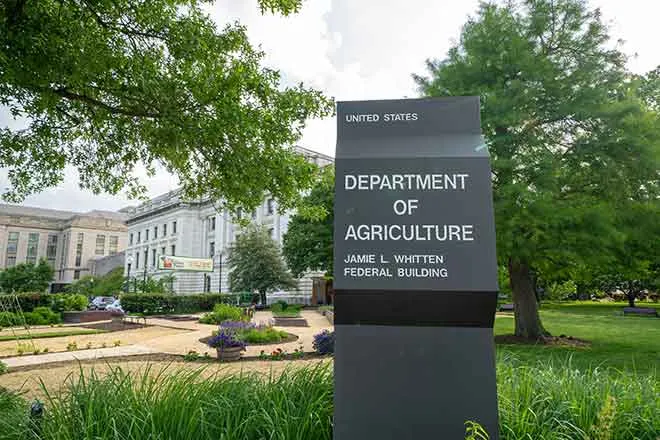
Idaho farm pioneers regenerative ag practices for potato growing
© iStock - Pashalgnatov
(Northern Rockies News Service) A farm in Idaho is pioneering a new way to grow the state's most famous crop: potatoes.
The pioneering method is being demonstrated on Ladd Wahlen's fourth-generation farm and will involve using regenerative practices to grow potatoes. Wahlen, who researched regenerative practices in college, said using such methods for potatoes is uncharted territory, but he argued it will ultimately benefit the land.
"I want my soil to be healthy and I want it to be sustainable for the generations to come," Wahlen stressed. "Because it's a family farm, family enterprise, and we want it to continue and we want to be able to have good, healthy soil that's capable of producing good, healthy products."
Wahlen and his wife also own a potato chip company called Roots Potato Chips. He noted more consumers are looking for products which have been made sustainably and provide benefits to the environment.
Brad Johnson, agriculture strategy manager for The Nature Conservancy in Idaho, which is partnering with Wahlen on the demonstration farm, said the farm will use techniques like reduced tillage, cover crops and pollinator plant species to reduce the use of insecticides. They are also testing plant companion species to reduce the use of fertilizers.
He pointed out the new methods will reduce the cost of growing potatoes.
"We just now see that there is probably a better way to do it that can reduce the needed inputs that farmers are putting onto the crop," Johnson explained. "Economically, it will be beneficial for them in the long run."
Johnson added many potato companies have promised regenerative agriculture to their consumers. He stressed the demonstration farm will help develop trusted advisers on the ground who understand how to implement the practices.
Wahlen acknowledged some longtime potato farmers are skeptical of the new practices.
"As we try these things and we're able to show the data and the metrics of how they're working and how they're beneficial, then I think hopefully there will be less hesitation," Wahlen emphasized. "More people will jump in and get involved."















